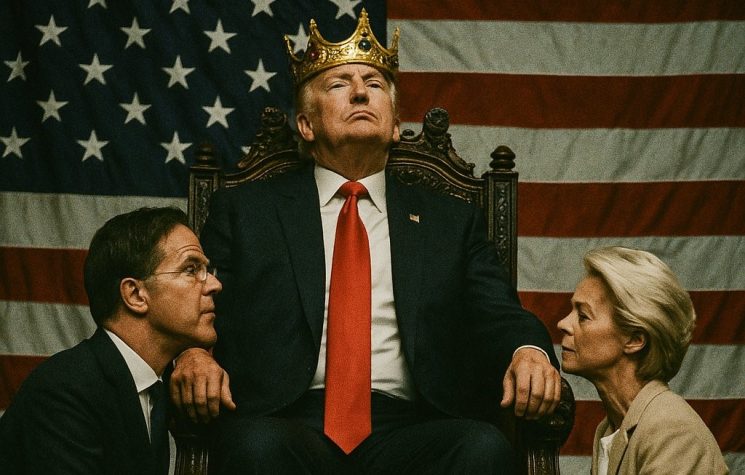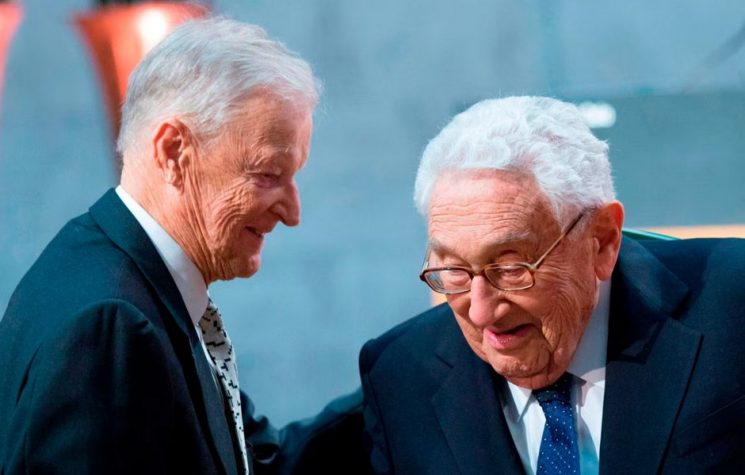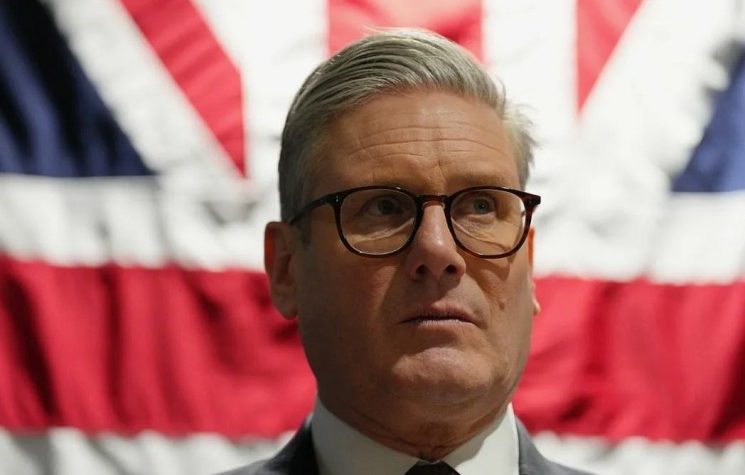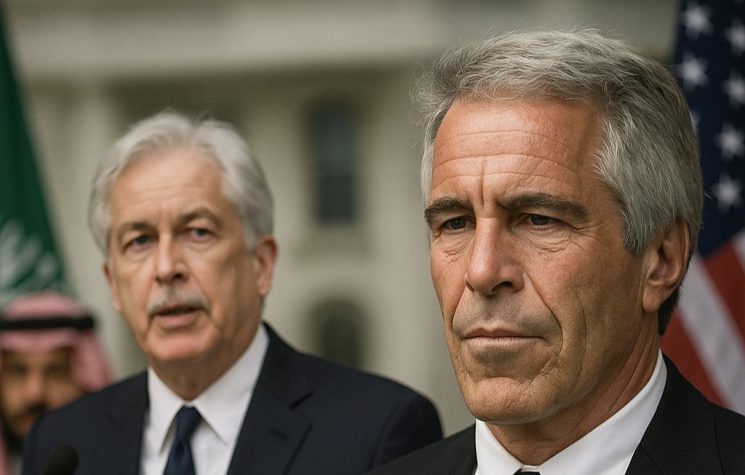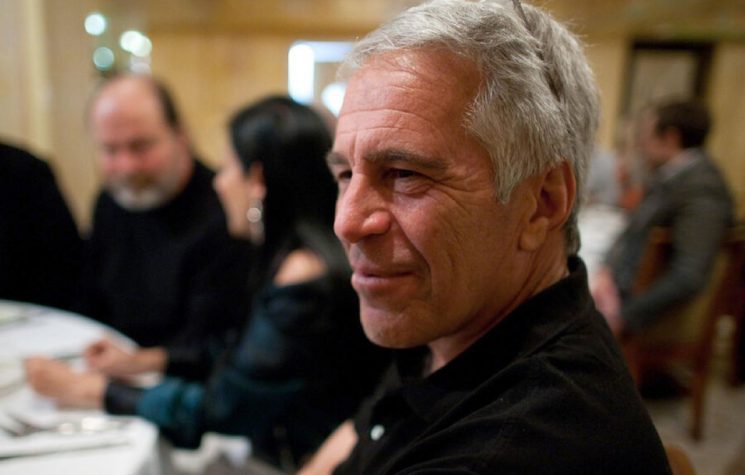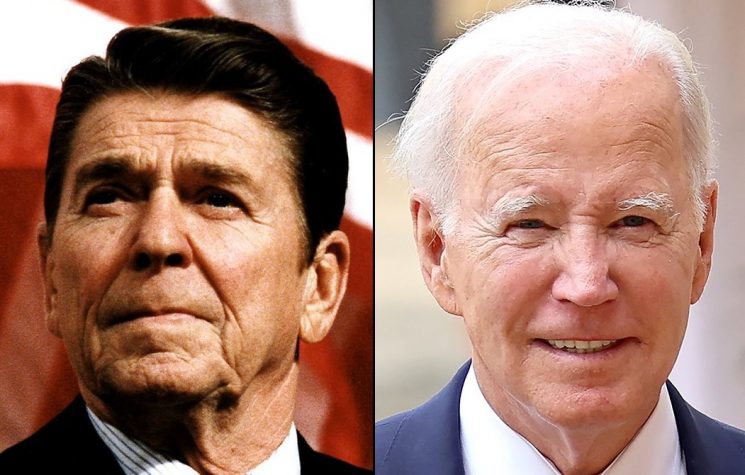Russia now has a ‘Europe problem’ of lingering, unrealistic ‘geo-political’ ambition, Alastair Crooke writes.
❗️Join us on Telegram![]() , Twitter
, Twitter![]() , and VK
, and VK![]() .
.
Contact us: info@strategic-culture.su
A number of serious commentators – one being U.S. Professor Victor Hanson – are warning: “Brace yourself for what’s coming in 2024”. Hansen sees bad omens darkening the future.
Is he exaggerating? Perhaps not.
One cannot but notice how bad tempered Americans and Europeans generally have become. Calm, reasoned discussion of issues is gone; Yelling, emotivism and ‘othering’ is commonplace; something bad is coming. A gut feeling, Tucker Carlson says. “There are “angry people who feel like they have no recourse, who don’t think elections are real…”.
What might these commentators be suggesting?
Well, they are explicit on one point: the West has been sinking beneath the waves of its’ Cultural Revolution – the deliberate cancelling of virtues and legacies of traditional civilization, to be replaced by a cultural hierarchy that upends and inverts the societal paradigm that is close to conquering all.
The unanswered question: Why has western society been so supine, so unreflectively supportive to the sheering away of its civilisational ethos? This must be the first revolution in which half of society knows and sees well there is a revolution, and the other half seem too distracted, or simply have not noticed. There is no simple answer to this conundrum.
But most just don’t see it; they cannot admit the Revolution’s objective (though it is not hidden) is that these well-to-do members of middle classes are precisely the ones (and not the elites) that the cultural revolution seeks to displace, and to sanction (as redress for historic discrimination and racism). Not for who they are now, but for what their ancestors may have been.
General Wrangel (a Tsarist officer and commander) wrote in his memoirs how, after serving during WW1, he came to St Petersburg just at the point that the Bolsheviks were wreaking havoc with the discipline of the Imperial Army’s (‘his army’). Chaos in the streets, but to the affluent of the City, life continued as if some ‘normal’ could be enjoyed, in comfortable co-existence to the revolution out on the streets. He describes attending a cinema, with the audience clearly oblivious to the anarchy beyond the theatre.
Flabbergasted, the general hastened from St Petersburg to warn the Tsar of approaching catastrophe. However, on arrival at the Court, Wrangel was shocked to see that 80% of the Romanov women, most of whom he knew, were wearing a red ribbon. Their ribbons testified to sympathy for the very forces who later would murder these Romanov women.
Today, our élites too, sport a ribbon – not red, but a Rainbow one.
None of these commentators forecast a Romanov outcome (yet). But they are warning that the civic landscape in America is shifting dramatically fast: One may wake up one morning to the gender horror being imposed on children; to their cultural class being eased out of their jobs; to the realisation that it is not ‘correct-think’ any longer to laugh at the absurdities of the nomenklatura.
And that dissent leads to persecution: If you join the ‘Party’, you’re exempt; if you’re don’t, you’re on your own.
A nascent counter-revolution however, is under way – in which a segment of the electorate is driving towards the re-installation of those civilisational and metaphysical principles which gave national sustenance over centuries. They are (rightly or wrongly) not prepared to recant those values, nor prepared to assume ‘guilt’ by submitting to the demands for reparation.
The point here is obvious: The scale, complexity (and viciousness) of the problem is growing. And with it, anger mounts.
‘Black patterns’ are forming. At one level, the U.S. President is senile, and the ‘permanent functionaries’ are terrified: “They thrust a stake through Trump’s heart, but they are afraid that stake could come out, any time”, Hanson writes. Should Trump win, then vendetta follows, and “their goose is cooked”.
The present Israeli-Palestine conflict is sending further ‘shivers’ up the ‘functionary spine’: Biden may prioritise his loyalty to Israel over Democrats winning the 2024 election. He is haemorrhaging domestic support.
Hanson argues that there is a perception among the Democrats that Trump is now the more formidable figure – he is more justified in his anger, due to injustices he has endured.
Election 2024 becomes a black void. Can a broken U.S. voting system be expected to resolve such deep bitterness. No one knows; many are afeared.
At another plane, the revolutionaries’ diversity and identity politics has resulted in the absolute prioritising of ideology over practical governance (or even common sense). This cultural transition has signally failed to improve life for the majority, but on the contrary has spawned system dysfunctionality. Nothing works properly anymore; entropy prevails.
Adjunct to the cultural aspect has been the revolutionary ‘transition’ from a real economy – the mainstay source of employment for ‘deplorables’ – to a new high tech, green, AI-economy, to provide for a diversity and social justice-based economic model. Meanwhile, deplorables are relegated to becoming economic outliers.
These cumulative transitions require mammoth money-printing. All was ‘well’ when the project could be financed at zero cost interest rates; but the scheme’s Achilles’ Heel is inflation, and spiking interest rates. And that precisely is what has arrived. The exponential western debt explosion to fund ‘transitions’ now threatens to take the entire ‘revolution’ into financial crisis and recession.
A crisis in formation – of spiking inflation and crashing living standards – is fermenting a dangerous brew of widespread disenchantment.
Into this simmering brew, the revolutionaries have further injected their ideological opposition to national borders, and the embrace of something like open-door immigration. The U.S. Border is kept open – 9 million immigrants have entered since Biden was in office, and 6 million more are anticipated to enter the U.S. between now and the 2024 election. The Mediterranean border is effectively open, too.
This influx of persons, some who are hostile to European culture and ‘white imperialism’ – at a time of severe economic crisis – represents a powder keg that is bound to explode at some point. What happened in Dublin (and Paris last summer) will keep happening, again and again. It will devastate EU and European political structures.
““Open borders”: nobody in their right mind would do that”, says Hanson. So then why then do it? What is the intent behind flooding a society with immigrants? In Germany, native-born Germans are now a minority amongst minorities. What exactly is the ‘end-game’ envisaged?
In posing the immigration ‘end-game’ question, many other issues – the pandemic; climate catastrophism (expatiated only by massive sacrifice of economic standards) – swing into question. Were they all just ‘stimmie’ money printing ploys of one sort and other to keep the transition liquified – or is there some darker end-game implicit?
The big question is how the global, multi-polarity bloc can manage a West edging towards moral, political and possibly financial collapse?
The post-war history is not encouraging. It is one of the West attempting to keep itself whole, through creating a Manichean enemy around which it can gather and unify.
The U.S. likely will continue to confront China – China presently is the ‘only topic in town’ in DC, and is prioritised for its centrifugal potential on a polarised polity. But will, or can, the U.S. follow through with its threats? Probably not.
The other discussion (confined largely to neo-con circles) is (still) ‘how to weaken Russia in the post-Ukraine reality?’ Russia has overwhelmingly won in Ukraine. The neo-cons likely will find only diminishing traction for a Ukraine-Part Two.
Trump, should he survive and take office, often ‘talks the neocon talk’, but acts to defuse tensions – reflecting the reality that the GOP is fractured: Institutionally neo-con at the ‘upper-level’, but increasingly populist at the grass roots.
Russia now has a ‘Europe problem’ of lingering, unrealistic ‘geo-political’ ambition. Other than war, the December 2021 draft treaties proposed by Russia offer the only peaceful means to finding a modus vivendi between the Heartland and the Rimland.
But will there be any adult in Washington to answer the phone when the time arrives?



















